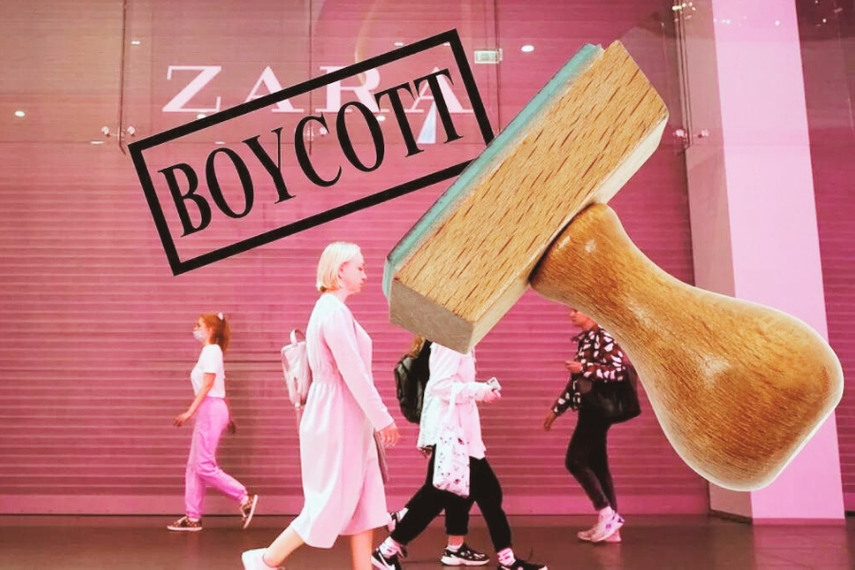
Please sign in or register
Existing users sign in here
Having trouble signing in?
Contact Customer Support at
[email protected]
or call+852 3175 1913
Shunning companies whose products pose health risks, such as containing toxic or cancer-causing substances, stands out as the primary motivation for consumers worldwide to cancel brands.

Contact Customer Support at
[email protected]
or call+852 3175 1913
Top news, insights and analysis every weekday
Sign up for Campaign Bulletins
Art Garfunkel discusses his experience living with psoriasis as part of Sun Pharma’s I LUV YA for The Long Haul campaign.
Marketers have long attempted to distill generational behaviors into easy stereotypes, but Gen Z resists these tidy boxes.
The tech major’s new AI-led regime is pushing ad vetting upstream, giving agencies cleaner inventory but demanding sharper compliance and smarter creative.
‘Little joys’ and the continued impact of Asia across Western culture cannot be ignored.